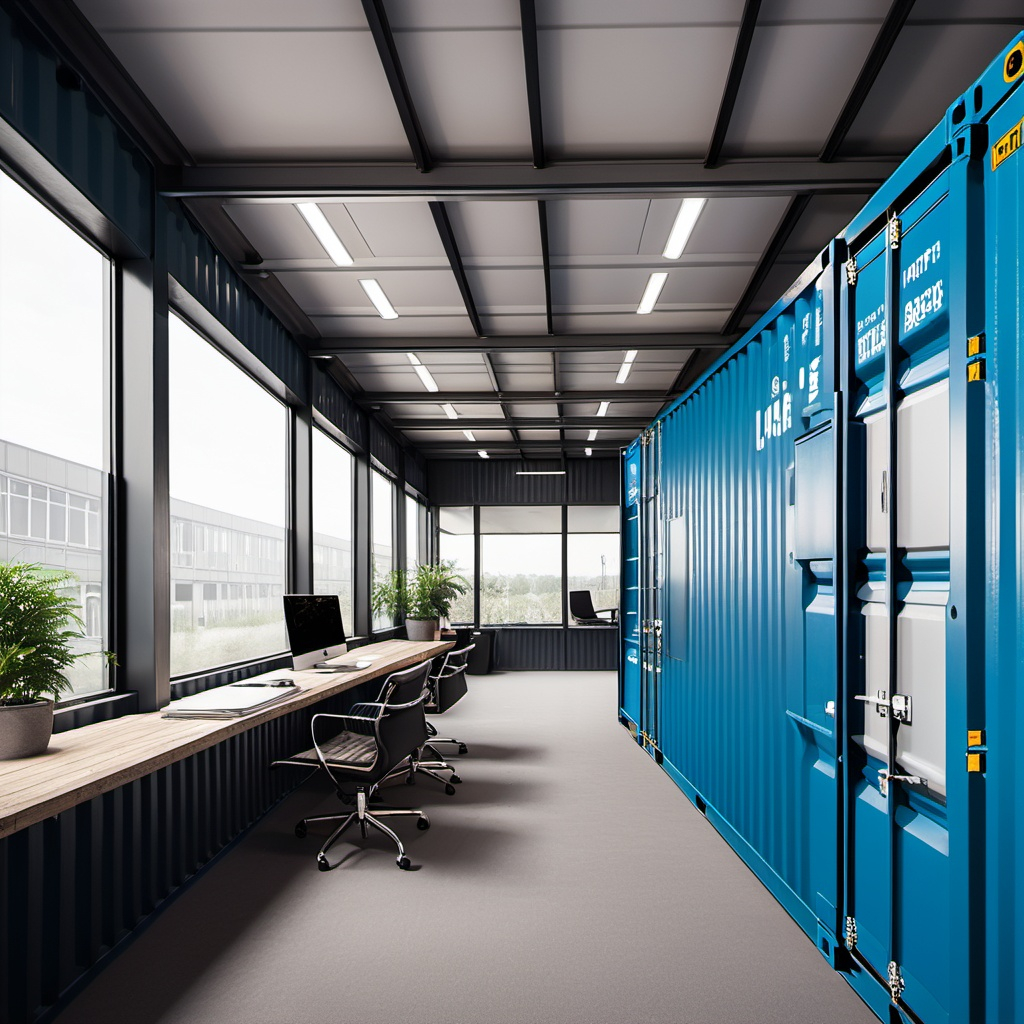Container offices have gained popularity as an innovative solution for remote work and flexible working environments due to their numerous benefits. One of the primary advantages is their mobility; these offices can be easily relocated to different sites, allowing companies to adapt quickly to changing business needs or workforce locations. This flexibility is particularly useful for businesses that operate in multiple regions or require on-site work in various locations.
Another significant benefit is cost-effectiveness. Container offices are typically more affordable to construct and maintain than traditional office buildings, yielding savings on both construction costs and utilities. They can be outfitted with essential amenities, such as heating, cooling, and internet connectivity, making them suitable for immediate use without the high overhead associated with conventional office spaces.
Moreover, container offices can be customized to fit specific business requirements and aesthetic preferences. They come in various sizes and can be combined or modified to create collaborative spaces, private workstations, or meeting areas, accommodating the unique needs of different teams. This adaptability is particularly beneficial for organizations that prioritize open communication and collaboration in their remote setups.
Sustainability is another key advantage. Reusing shipping containers for office spaces contributes to reducing waste and minimizing environmental impact, aligning with green and eco-friendly business practices. Many container offices incorporate energy-efficient features, such as solar panels and insulation, further enhancing their sustainability credentials.
Additionally, container offices can provide a productive and inspiring work environment, often set in appealing locations that enhance the remote work experience. Their unique design can promote creativity and innovation, helping employees feel more engaged and motivated.
Finally, container offices offer a quick setup time. Unlike traditional office buildings, which can take months or even years to construct, container offices can be deployed swiftly, allowing businesses to establish a functional workspace in a fraction of the time. This rapid deployment is particularly advantageous for startups or companies needing to scale operations quickly.
In summary, container offices offer mobility, cost savings, customization, sustainability, a unique work environment, and rapid setup, making them an ideal choice for businesses embracing remote work and flexible arrangements. Their innovative design and practicality cater to the evolving landscape of modern workspaces, supporting a more adaptable and efficient workforce.
